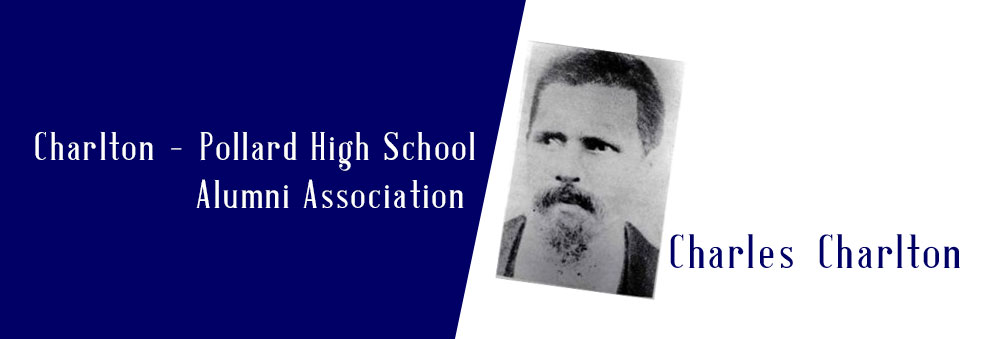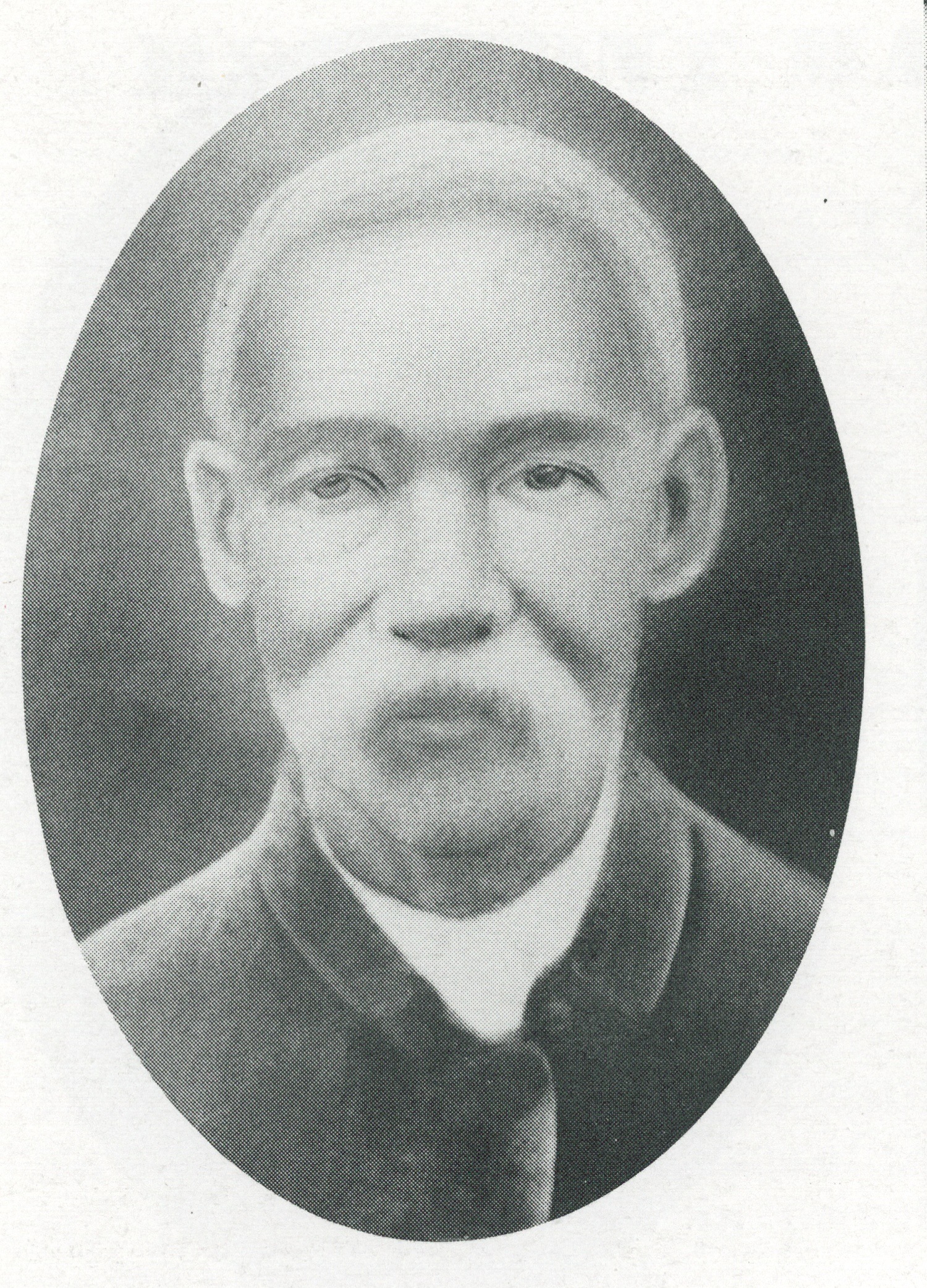


The History of Charlton-Pollard High School
 Charles Charlton |
 Woodson Pipkin |
 T T Pollard |
Over one hundred years ago, black leaders in the Beaumont Community saw the need to organize a school for their children. Although the first graduating class was in 1901, with two graduates, the school was actually organized in 1874. An ex-slave, Charles Charlton, came from Tyler County to Jefferson County in the early 1870’s. Seeing that Negroes needed a public school, Mr. Charlton, along with Woodson Pipkin, set about the task of establishing one.
Under Mr. Charlton’s leadership a school of Negroes was organized in 1894 and was started in the Live Oak Baptist Church, on what is now known as Neches Street. He interested other black citizens and with their aid constructed a building and organized the Oak Ridge School, later known as Pipkin School. Excerpts from a letter written on October 28, 1926, by A.J. Criner, to T.T. Pollard, stated that in the fall of 1881 there were 90 pupils in the school held in Live Oak Baptist Church. The principal was John H. Farris, A.C. Price was the assistant principal and the teachers were Miss Laura Gainer and Rufus Fletcher.
About 1882 the city took charge of the school. The teachers were Miss Clara Marshall, Emma Henderson, and Maggie Hilburne, Mrs. A.J. Criner and M.L. Sweatt. In the 16 years between 1886 and 1902, two frame buildings were erected; one in the north end with T.J. Charlton as a principal, and one in the south end with T.T. Pollard, principal. A high school organized in 1900 was located in large frame building constructed for this purpose in the 1800 block of Pine Street. This arrangement gave the Negro three schools and another principal, I.J. Gilder. The frame building erected in the south end was destroyed by fire in 1916. By 1918, the first new school was named Charlton-Pollard High School.
In 1924, T.T. Pollard became the supervisor for the all-Negro school, and T.J. Charlton, Sr., became Charlton-Pollard’s first principal. He served until his death in 1934. R.T. Tatum became the second principal, and served until his death in 1947. Mr. F.R. Pierson served as acting principal until Dr. H.C. Johnson was appointed principal in 1947. Mr. Pearson served as assistant principal during Dr. Johnson’s administration until he (F.R. Pearson) was appointed principal of the newly opened Dunbar Junior High School in 1958. Dr. Johnson served as principal until he resigned in 1965 to accept a position as professor of education at Lamar University. Harold E. Brown served as assistant principal from 1958 until he was elected principal of Washington Elementary School in 1965. E.P. Pierre was elected principal in August 1965. He came to Beaumont from Texarkana, where he had experience as administrative principal, elementary school principal, and supervisory principal. He was elected Supervisor of Vocation in 1972. R.A. Cook returned to Charlton-Pollard from Dunbar Junior High School to serve as assistant principal in 1965. Before his tenure at Dunbar, he was a science teacher at Charlton-Pollard. In 1970, Mr. Cook returned to Dunbar as principal and Howard H. Mills became assistant principal of Charlton-Pollard. R.A. Cook succeeded Mr. Pierre as principal in 1972. He retained this position until 1975. He has been elected as Assistant Superintendent for the Beaumont Independent School District.
Mrs. Cora L. Marion was acting counselor, followed by a full-time counselor Mrs. Carrie M. Taylor, 1952, former English teacher. In 1965 Maurice Boudion, former social studies teacher, was appointed as counselor to work with Mrs. Taylor. Upon Mrs. Taylor’s retirement in 1968, Miss Edna Joseph, former mathematics teacher, was appointed. The third counselor to join Miss Joseph and Mr. Boudoin was Mrs. Rachel Johnson White, 1972 former mathematics teacher. In 1974, when Miss Joseph became principal of Bethune Elementary, Mrs. Ruth E. Brooks joined the counseling staff together with Mr. B.D. Forbes vocational counselor and Mrs. Charles A. Jones, Jr., resource counselor.
It is with sadness that the era of Charlton-Pollard has ended. However, we still go forward with the knowledge that the efforts put forth by our noble founders have not been in vain. They have been secure steppingstones to a better education and brighter day for all black people in the Beaumont Community.
